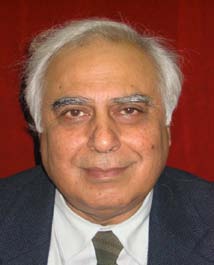By Ralph Marnham
Six months ago, the Indian Minister for Human Resource Development, who is responsible for education, announced ambitious new plans to encourage foreign universities to set up campuses across the country, mentioning the likes of Oxford, Harvard and Yale.
However, since the Indian cabinet approved a draft law to open up the country to foreign education institutions, it is becoming clear that the world’s top universities are not yet willing to make the move. This is not to say that others have not taken an interest in the project. Mid-level institutions, still far superior to the average Indian education provider, are reported to be keen.
M. Anandakrishnan, chairman of the Indian Institute of Technology Kanpur, says that “there is a high level of interest only from the Tier 2 institutions to do things in a serious manner.” He adds that the so-called Tier 1 universities “are simply not interested in setting up a campus here”. The interested universities include the Georgia Institute of Technology, the Virginia Institute of Technology, Carnegie Mellon University in Pittsburgh and the Schulich School of Business in Toronto.
Georgia Tech has announced plans to set up a research facility in the southern city of Hyderabad, while Carnegie Mellon University is helping the northern state of Punjab to plan courses at a new university. The market does not end there, however. The University of Wolverhampton plans to teach business courses through one of its partners, Bishop Heber College.
It is undeniable that India has a large education market that can be tapped into, a fact that is not lost on the education ministry. “I think the Indian government now is more receptive to foreign universities’ setting up in India,” says Jo Gittens, director of Wolverhampton’s International Office.
Indian universities themselves have established some campuses overseas, most of them in the UAE. There are tentative signs that Columbia University in New York is taking an interest as well, following the opening of its fourth global center for research and regional collaboration in Mumbai.
It does not yet have any plans to open a separate campus in India, though. With the draft law yet to be approved by parliament, the Indian government is realising that the process is going to be a slow one.






